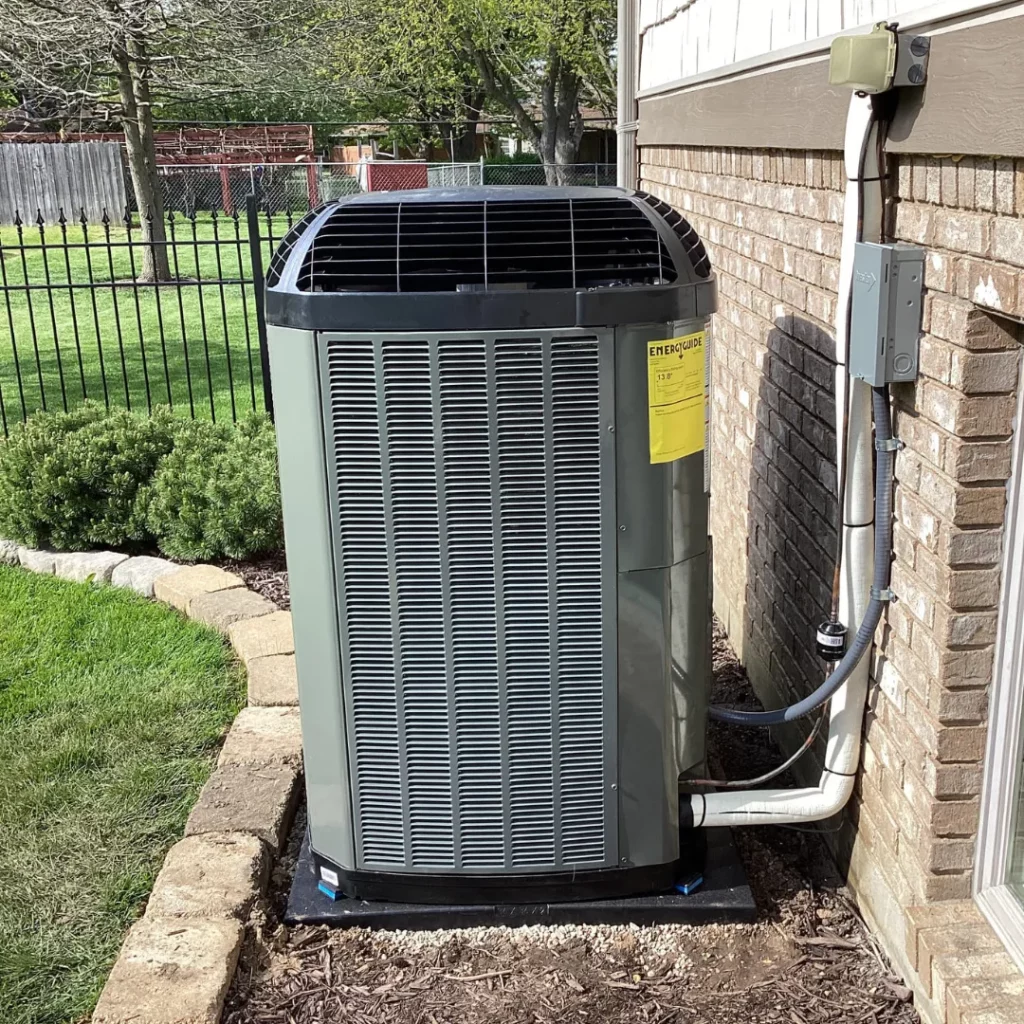If you have ever wondered what the large metal box outside your home or office is, chances are it is an AC condenser unit. This vital component of your air conditioning system is crucial in maintaining a comfortable indoor temperature.
But what exactly does an AC condenser do?
Understanding the Components of an AC Condenser Unit
An AC condenser unit is an essential component of your air conditioning system, playing a vital role in keeping your home cool during hot weather. So, what is inside these air conditioner condenser units? It’s important to understand the key components of an air conditioning system to ensure you can properly maintain and care for your outdoor unit. Let’s break down the three main components of an AC condenser: compressor, condenser coil, and fan motor.
Compressor: The Heart of the Condenser Unit
The compressor is the heart of your air conditioner condenser, responsible for pumping refrigerant throughout the AC system. This component increases the pressure and temperature of the refrigerant, transforming it into a high-pressure gas that can transfer heat more effectively. The compressor is a variable-speed motor that runs at different speeds to match the cooling capacity needed for your home.
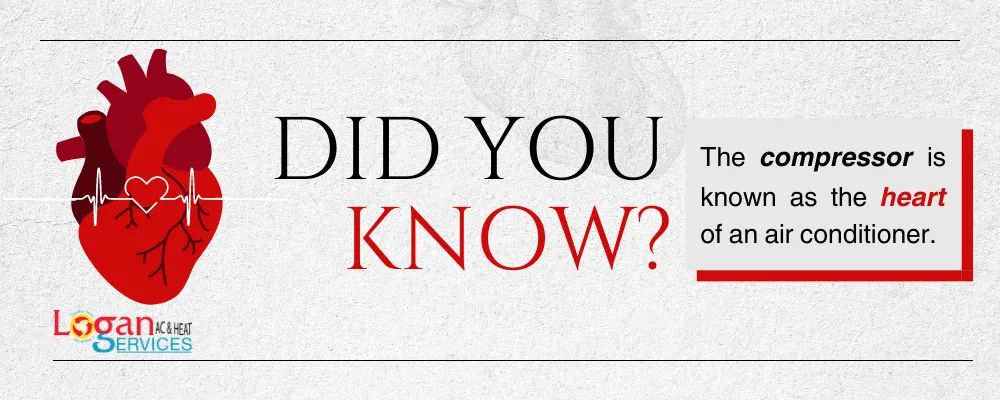
In addition to ensuring efficiency, AC condensers with variable-speed compressors can help you save on energy bills. A higher SEER (Seasonal Energy Efficiency Ratio) rating means a more efficient AC system and a variable speed compressor contributes to this increased efficiency. So, when selecting air conditioners, it’s important to look for a high SEER/SEER2 rating to ensure cost-effective operation.
Condenser Coil: Essential for Heat Transfer
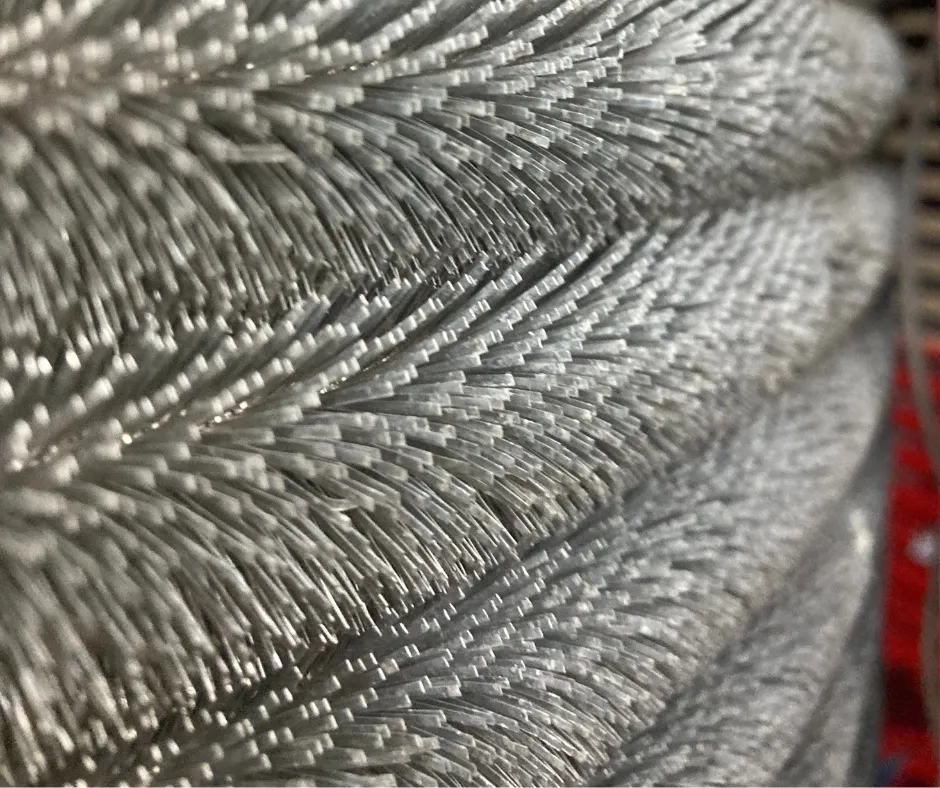
The condenser coil is another vital component of your air conditioner condenser unit, responsible for facilitating the heat transfer process. As hot refrigerant gas from the compressor flows through the coil, it releases heat to the outdoor air. This process cools the refrigerant down, turning it back into a liquid state before it returns to the indoor evaporator coil.
Condenser coils can be made from various materials, such as copper, aluminum, or a combination of the two. Typically, copper condenser coils can be more efficient at heat transfer, while aluminum coils are more corrosion-resistant, which leads to a longer lifespan. Keep in mind that the condenser coil type can impact the lifespan and performance of your AC condenser unit, so it’s essential to consult with an HVAC technician when selecting an appropriate coil type for your needs.
Fan & Motor: Ensuring Proper Air Circulation
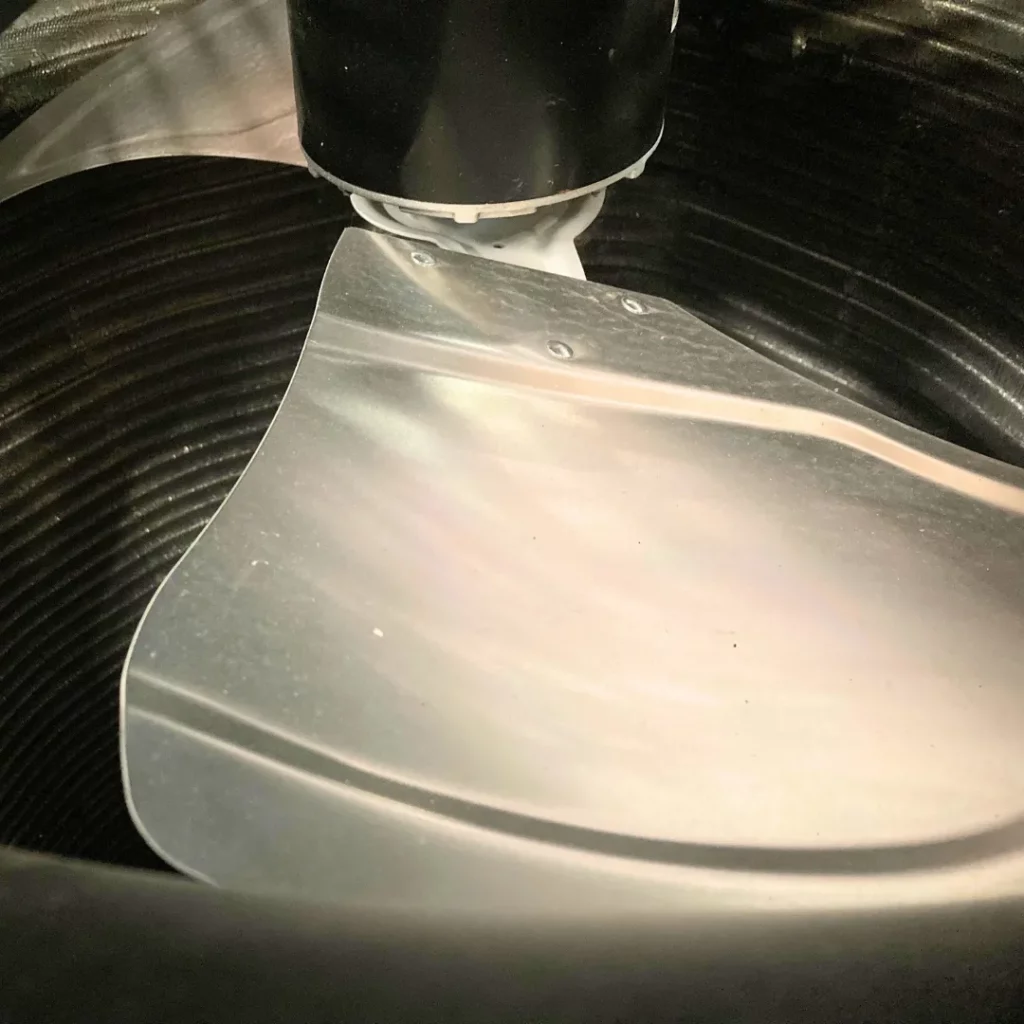
The fan and motor are crucial components of your air conditioner condenser unit, ensuring proper air circulation. The fan pulls outdoor air through the condenser coil, allowing the heat from the refrigerant gas to dissipate more effectively. This process helps maintain the optimal temperature for your AC system and prevents overheating of the condenser coil.
Moreover, the fan motor is responsible for driving the fan, and it can have either a single-speed or variable-speed function. A variable-speed motor can help improve the efficiency of your air conditioning system by adjusting the fan speed based on the cooling demand. Consequently, it’s essential to keep the fan and motor in good working condition to ensure the smooth and efficient operation of your AC condenser unit.
Maintenance Tips for Your AC Condenser Unit
Proper maintenance of your AC condenser unit is essential for the overall performance and longevity of your air conditioning system. Regular cleaning, checking for leaks and obstructions, and scheduling routine professional inspections can help keep your condenser running smoothly for years to come.
Regular Cleaning for Optimal Airflow
One of the simplest and most effective ways to maintain your air conditioner condenser is regular cleaning. Dirt, debris, and other contaminants can accumulate on the condenser coil and fan, reducing airflow and heat transfer efficiency. Make sure to regularly clean the outdoor unit by removing leaves, branches, and other debris from the surrounding area. You can also use a hose and water to gently clean the condenser coil and fan blades, taking care not to damage any delicate components.
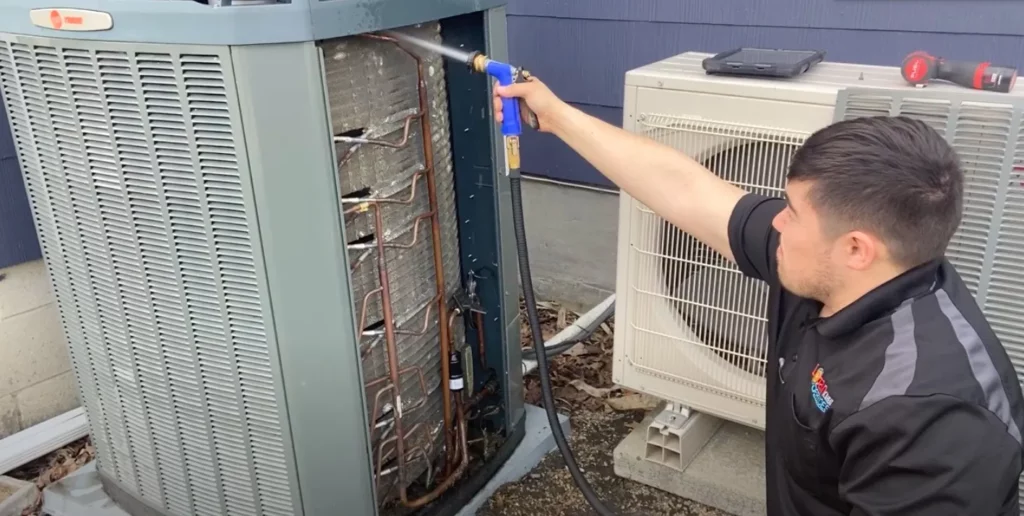
Additionally, consider investing in pest control measures to prevent insects and rodents from nesting inside your outdoor unit. A professional maintenance plan can help you maintain a clean and efficient AC condenser, keeping your home comfortable and your energy bills in check.
Checking for Leaks and Obstructions
Regularly inspecting your AC condenser unit for leaks and obstructions can help prevent costly issues down the line. Check the refrigerant lines and connections for any signs of leaks, as low refrigerant levels can negatively impact your system’s efficiency and cooling capacity.
While inspecting your condenser, also look for signs of obstructions, such as dirt or vegetation blocking the airflow around the unit. An obstructed condenser can lead to poor performance and potential damage to the system, so it’s crucial to keep the area around your outdoor unit clear of any obstructions.
Scheduling Routine Professional Inspections
While regular DIY maintenance can help keep your AC condenser unit in good condition, scheduling routine professional inspections is essential to ensure optimal performance. An experienced HVAC technician can thoroughly assess your air conditioning system, checking for potential issues and performing any necessary repairs or adjustments.

Generally, it’s recommended to schedule a professional AC inspection at least once a year, preferably during the spring before the peak cooling season begins. This way, you can ensure that your system is ready to keep your home comfortable all summer long. While it’s best to schedule early on in the season, a late season tune-up is better than no tune-up at all, as you can still benefit from the optimized performance it may yield in the middle of cooling season.

By understanding the key components of your AC condenser unit and following these essential maintenance tips, you can ensure a lasting and efficient air conditioning system.
Troubleshooting Common AC Condenser Unit Issues
When you’re having problems with your air conditioner condenser unit, it’s essential to know how to troubleshoot and potentially resolve them. Properly maintaining your air conditioning system will help ensure that it runs efficiently and lasts for as long as possible. Let’s review some common AC condenser issues, such as overheating, refrigerant leaks, and electrical issues.
Overheating: Causes and Solutions
One common issue with air conditioner condenser units is overheating. Overheating can lead to a decrease in your air conditioning system’s efficiency, eventually causing it to fail completely. There are many reasons why your outdoor unit may be overheating. Here are some common causes and their solutions:
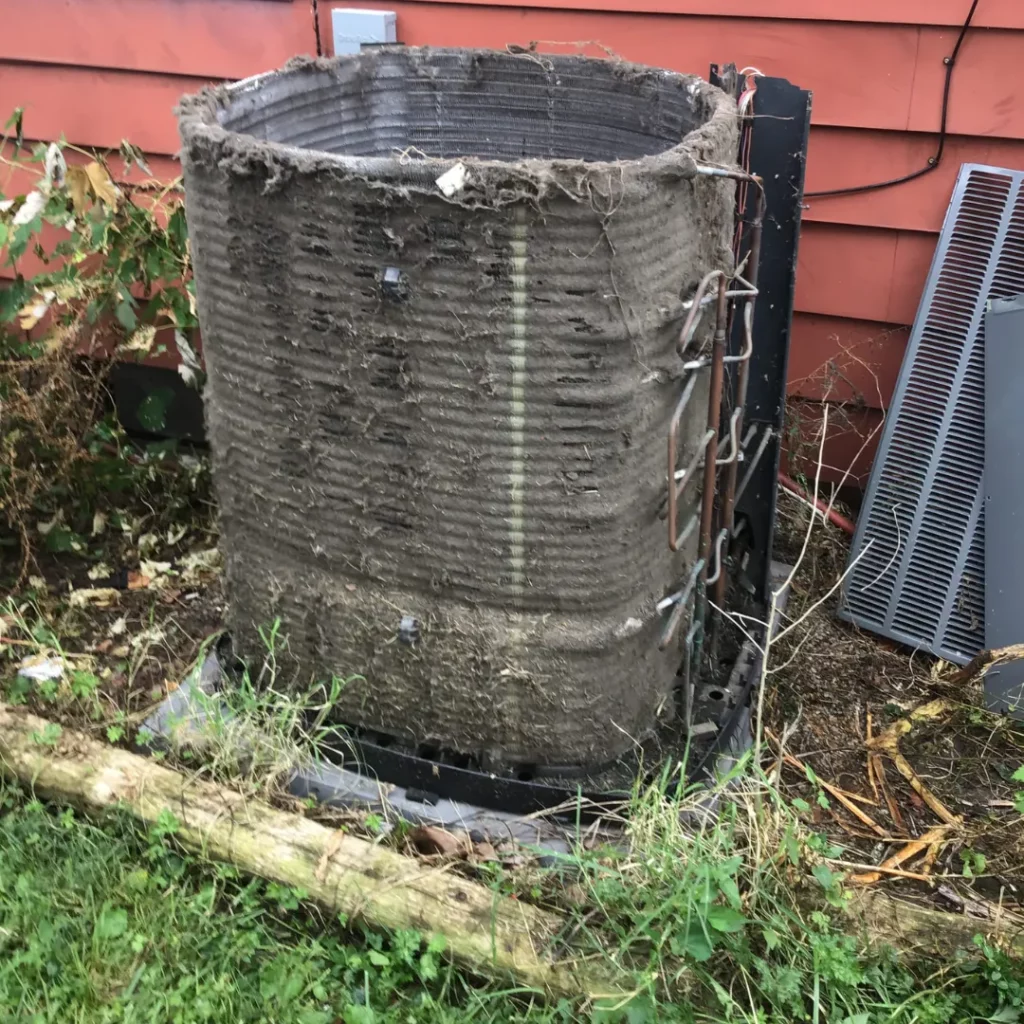
- Dirt and debris: If your condenser coil is dirty or clogged with debris, it will struggle to release heat, causing the AC condensers to overheat. Ensure that you clean your AC condenser coil regularly to improve the efficiency of your air conditioner.
- Fan malfunction: A faulty or damaged fan may not be able to dissipate heat efficiently, leading to overheating. Check your fan for any obvious damage and have an HVAC technician inspect it if it is malfunctioning.
- Low refrigerant: If your air conditioner is low on refrigerant, the condenser coil will not adequately release heat, leading to overheating. Refilling the refrigerant with the assistance of a professional is necessary to resolve this issue.
Refrigerant Leaks: Signs and Repairs
Refrigerant leaks are another common issue with air conditioner condenser units. These leaks can harm the environment and your air conditioning system’s efficiency. Here are some signs of refrigerant leaks and how to repair them:
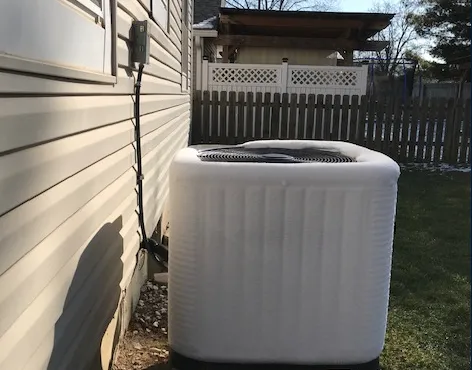
- Hissing noise: If you hear a hissing noise coming from your AC condenser unit, it may indicate a refrigerant leak. Typically, this sound results from the refrigerant gas escaping from a small hole in the coils or lines.
- Warm air blowing: If your air conditioner is blowing warm air, it could mean that your refrigerant level is too low. A refrigerant leak is a common cause of low refrigerant levels.
- Ice on the condenser: If ice forms on your AC condenser unit, it is often a sign of a refrigerant leak. Low refrigerant levels cause the temperature of your coils to drop, leading to ice formation.
- Higher energy bills: A refrigerant leak can cause your air conditioning system to work harder to maintain cool air, resulting in higher energy bills.
If you suspect a refrigerant leak, it’s crucial to call an HVAC technician to assess and repair the issue. They will have the necessary tools and knowledge to correctly diagnose and fix the problem, ensuring the safety and efficiency of your AC condenser unit.
Electrical Issues: Handling with Care
Electrical issues with your air conditioner condenser unit are not only frustrating but can also be dangerous if not addressed appropriately. Here are some common electrical issues you may encounter and the necessary precautions to take:
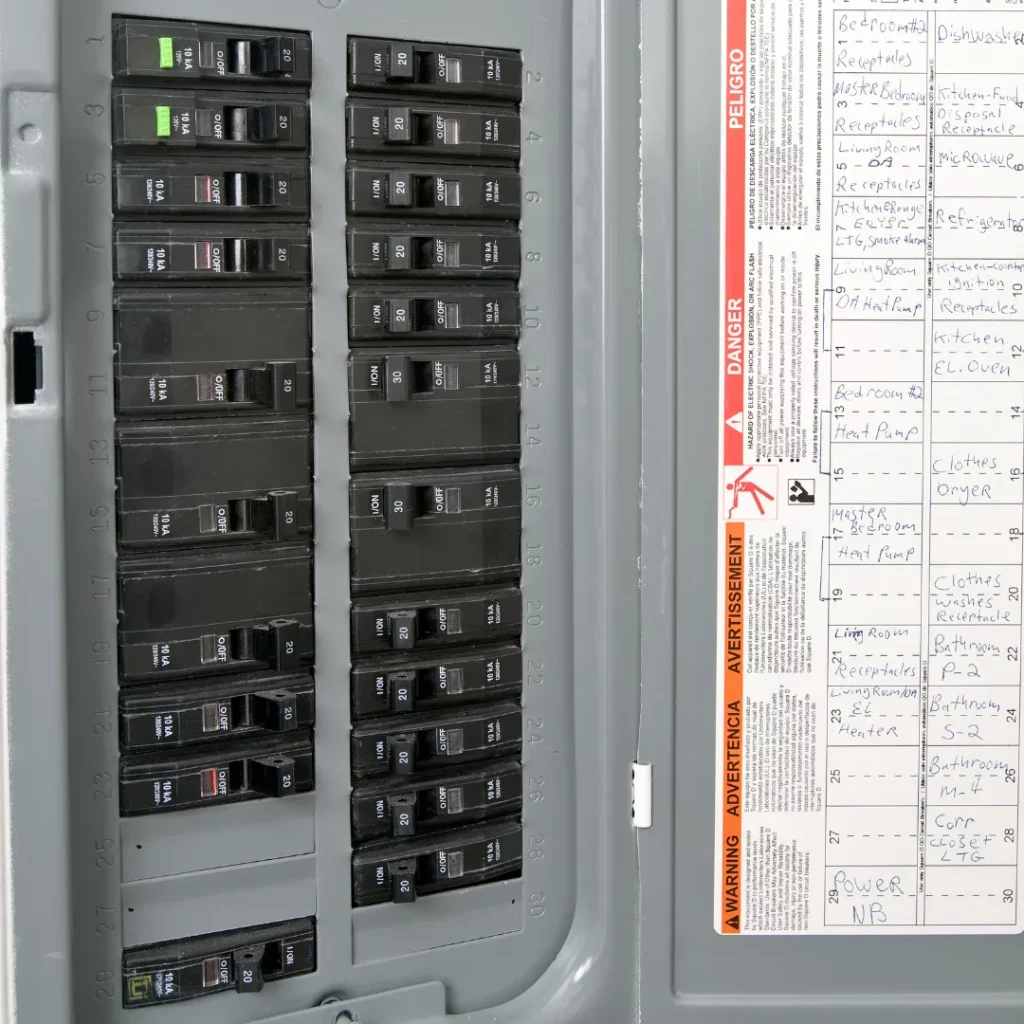
- Tripped circuit breaker: If your air conditioner stops working suddenly, it may be due to a tripped circuit breaker. Locate your home’s breaker panel and make sure all switches are in the “on” position. If there’s a tripped breaker, switch it back to the “on” position; however, if the issue persists, call a professional electrician to inspect.
- Blown fuse: A blown fuse in your air conditioning system can prevent your outdoor unit from receiving power. If you believe there’s a blown fuse, contact your local HVAC technician to replace the affected part.
- Wiring issues: Damaged or frayed wiring can cause your AC condenser unit to work inconsistently or not at all. Due to the potential dangers, do not attempt to fix wiring issues on your own. It’s essential to call a licensed electrician or HVAC technician to handle any wiring problems.
Get AC Repair from Logan AC & Heat Services
Whether you’re having issues with your AC condenser unit or need a professional to check on your system annually, Logan is here to help. With more than 50 years of experience in the HVAC industry, we know what it takes to provide outstanding customer service and get repairs done efficiently. In addition to AC repair, we offer AC and heat installation, maintenance, air quality assistance, and more. There’s a reason homeowners in the Cincinnati, Columbus, and Dayton areas have trusted us for over 5 decades to provide superior HVAC services.
Ready to get the help you need? Contact Logan AC & Heat Services today.
FAQs AC Condenser Unit
How do I know if my AC condenser unit needs to be replaced?
Signs that your AC condenser unit may need to be replaced include a decrease in efficiency, frequent breakdowns and repairs, or if it’s more than 10-15 years old. Contact an HVAC technician for a professional evaluation.
How do I maintain my AC condenser unit?
Regular maintenance of your AC condenser unit includes cleaning the condenser coil, removing debris around the outdoor unit, checking and replacing air filters, and having routine professional inspections. These steps will help extend the life and efficiency of your air conditioning system.
Is it safe to hose down my AC condenser unit?
Yes, it’s safe to hose down your AC condenser unit if you ensure the power is turned off first. This is an excellent way to remove dirt and debris from the condenser coils, improving your air conditioner’s efficiency.

